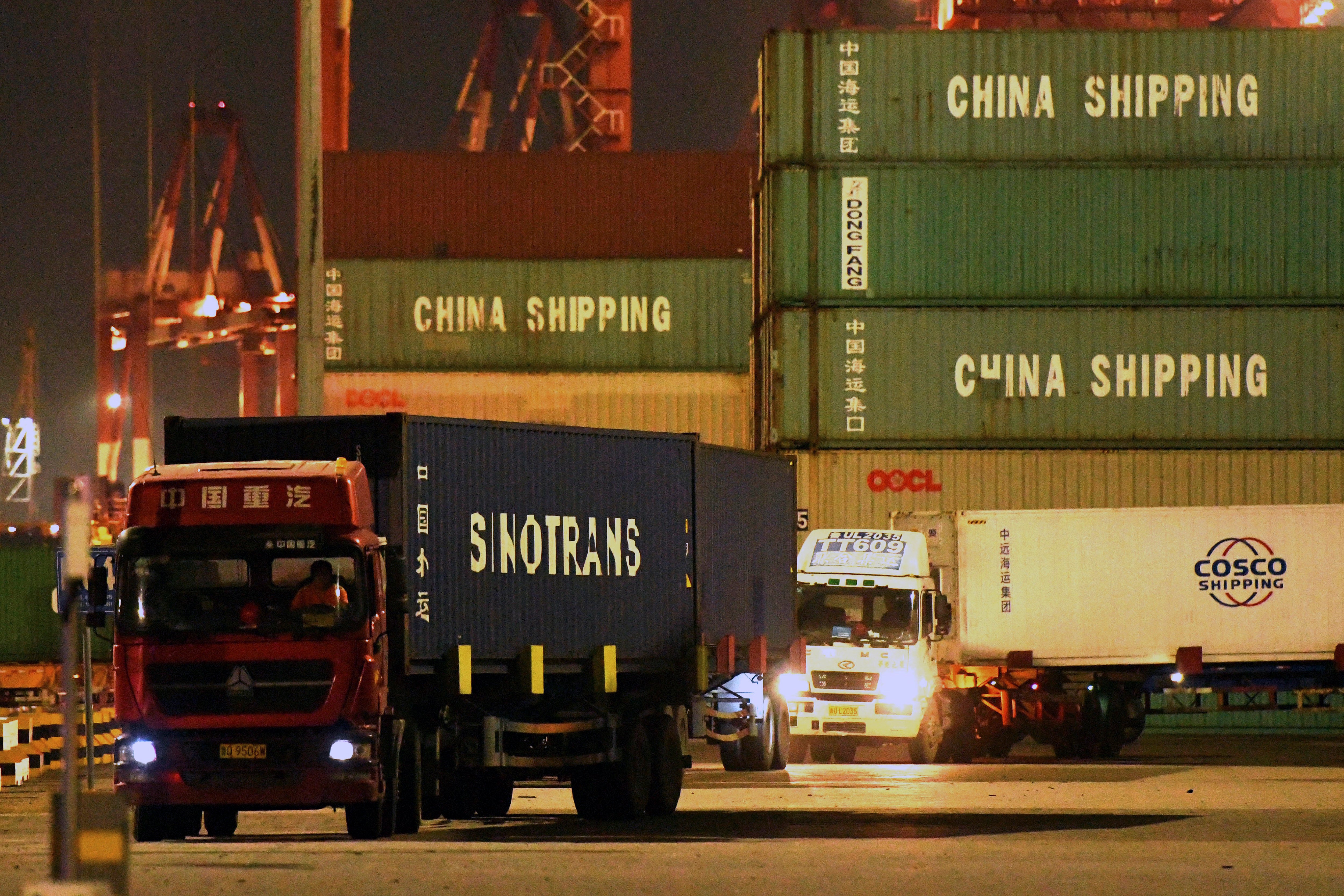China passes new law restricting sensitive exports
China has passed a new law restricting sensitive exports to protect national security, allowing Beijing to reciprocate against the U.S. as tensions mount between the sides over trade and technology

China has passed a new law restricting sensitive exports to protect national security, allowing Beijing to reciprocate against the U.S. as tensions mount between the sides over trade and technology.
The law, which will apply to all companies in China, was passed Saturday by the National People’s Congress Standing Committee and will take effect on Dec. 1.
Under the law, China can take “reciprocal measures” toward countries or regions that abuse export controls and threaten its national security and interests.
Export controls under the law will apply to civilian, military and nuclear products, as well as goods, technologies and services related to national security. A list of controlled items will be published “in a timely manner” in conjunction with relevant departments, according to the law.
The new law allows Beijing to retaliate against the U.S., which in recent months has attempted to block Chinese technology firms such as telecommunications gear supplier Huawei, Bytedance’s TikTok app and Tencent’s messaging app WeChat on grounds of posing a national security threat, including the data they may possess from operating in the country.
Companies and individuals who endanger national security by breaching the new export control law, including those outside of China, could face criminal charges. Violations of the law, such as exporting items without a permit, could result in fines of 5 million yuan ($746,500), or up to 20 times the business value of the illegal transaction.
The new law adds to the growing uncertainty of Bytedance’s deal to sell its video app TikTok to U.S. firm Oracle Corp. In August, China added technologies including voice recognition, text analysis and content recommendation to its list of regulated exports
President Donald Trump had earlier ordered Bytedance to sell its U.S. operations of TikTok to an American firm or face a block in the country.
The new export control laws adds to China’s growing regulatory toolkit that allows it to take action against countries such as the U.S.
Bookmark popover
Removed from bookmarks